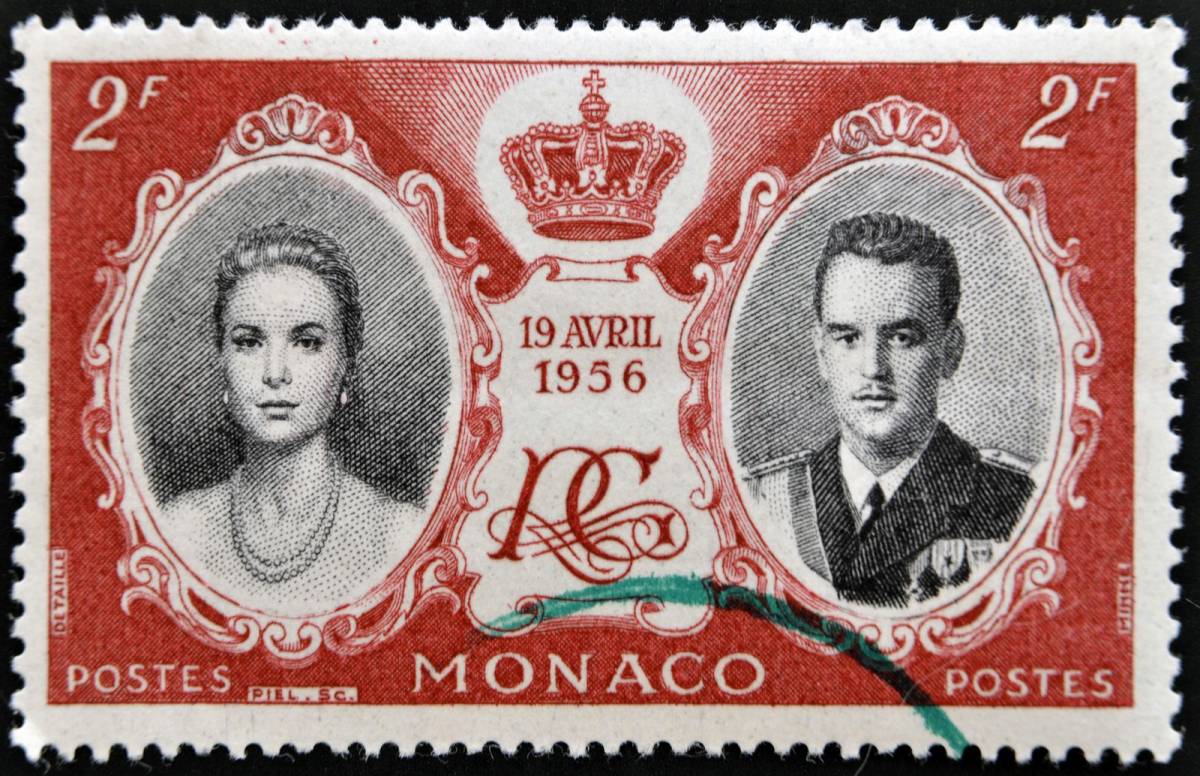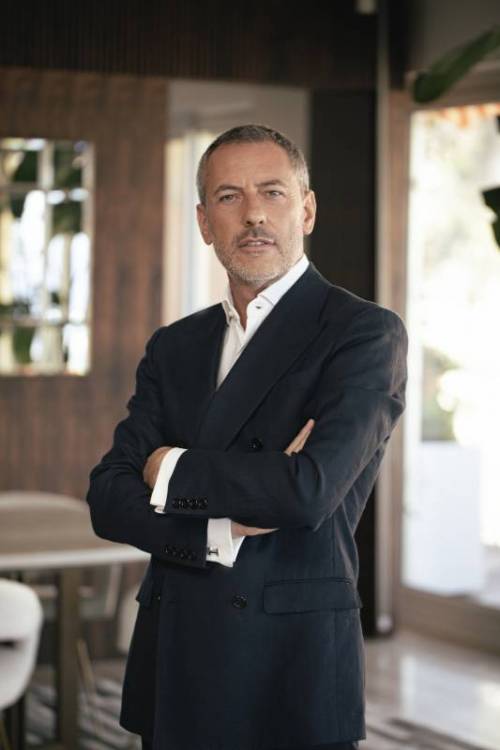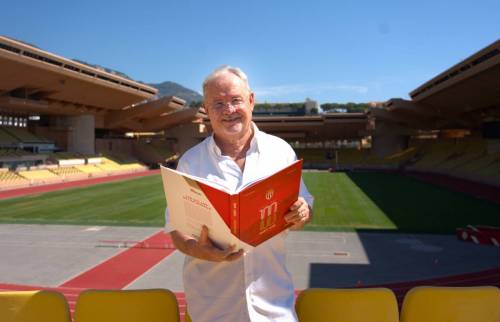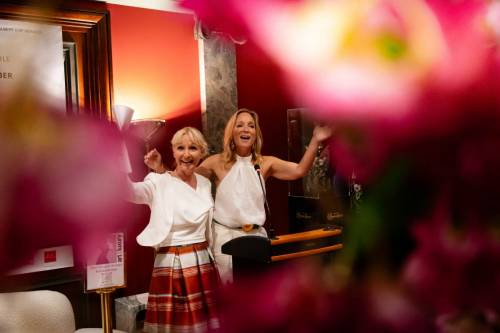HelloMonaco continues to introduce you to interesting people of Monaco. Previously we have interviewed Ekaterina and Vladimir Semenikhin, Guillaume Rose and Henri Fissore.
Our guest today is Isabelle Bonnal, Director of the Department of Education, Youth and Sports of Monaco.
Olga Taran: Talking about the school system in Monaco, what are its main differences from the French system?
Isabelle Bonnal: The Principality of Monaco offers educational programmes approved by the French Ministry of National Education. Most of our school teachers are French citizens. However, according to the Franco-Monegasque educational Treaty of 1994, our schools are free to offer special programmes featuring some Monegasque particularities.
For instance, we specifically teach the history of Monaco, Monegasque language and religion. According to Prince Albert II, the Principality’s openness remains one of the government’s priorities. Then, English is first taught in kindergarten at the age of three and is continued at school. In addition to English, you can choose Italian, Chinese, German, and Spanish.
Another feature of the Monegasque education system is supporting the students regardless of their academic level, nationality, culture, abilities and attitudes. We assist them in admission to Universities abroad, namely in the UK. Highly qualified English teachers thus help our students undergo a complicated enrolment process.
Students with low academic achievement or with disabilities receive special social, medical and educational support according to their needs.
Olga Taran: Many young people leave Monaco after graduation to continue their studies abroad and do not come back to the Principality. Do you think creating a University in Monaco could help solve this problem?
Isabelle Bonnal: As far as I know, the government does not have plans to open a State University as of yet. However, I would like to point out that students can obtain a higher Bachelor’s degree in technical studies (BTS) as well as in accounting, and hotel, restaurant and business management.
In principle, their studying abroad should also be an advantage. In his July speech, Prince Albert II urged the young people “to increasingly assert themselves in their work, be ambitious and deepen their knowledge and experience overseas to make a significant contribution to the development of the Principality.”
Olga Taran: What other factors may encourage young people to stay in Monaco?
Isabelle Bonnal: From the economic point of view, the Principality is a very attractive place for the hospitality and banking industry. And many students return here after their studies abroad to build their career in these sectors.
Olga Taran: I know it is quite a common practice in France for a student to repeat the same academic year. How many children do the same in Monaco?
Isabelle Bonnal: This is a very rare phenomenon. We tend to leave repetition of a year only for those who are academically challenged. In this case, a student will be offered a teaching aid to consolidate the knowledge he or she acquired.
As I already mentioned, students who are experiencing difficulties of any kind are offered individual assistance. The educational system of Monaco thus gives every student an opportunity to achieve high results.
Olga Taran: Monaco is a country that brings together people of different nationalities on a small piece of land for a multicultural coexistence without conflicts. Does a similar concept apply to schools?
Isabelle Bonnal: It is true that more than 120 nationalities live in Monaco in harmony and mutual respect. I believe that this cultural diversity is another one of the Principality’s features. Schools are not just there to educate children; they are also schools of life. Our challenge is to make sure that each student’s needs and expectations are met. Learning French and other European languages, taking part in a variety of cultural and educational events – all this creates a reassuring atmosphere where each student finds a place.
Olga Taran: What are the most acute educational challenges in Monaco?
Isabelle Bonnal: The Monegasque educational system is to ensure the social and cultural integration of all its students into the future that will be theirs. Our world is constantly changing and this is to be taken into account. That is why the Government gives privilege to implementing and developing digital forms of learning, which allow the use of alternative teaching methods.
Olga Taran: If you were given a chance to build a school of your dreams, what would it be?
Isabelle Bonnal: Education has always been a priority for the State, as our future lies within it. The continuous investment in this area seems to result in a high academic performance and individual support for each student regardless of his/her cultural identity and capabilities.
I’m not asserting that our system is faultless, but I can certainly say that this is a quality education system and each student is our priority. I believe this is where a perfect education starts.








